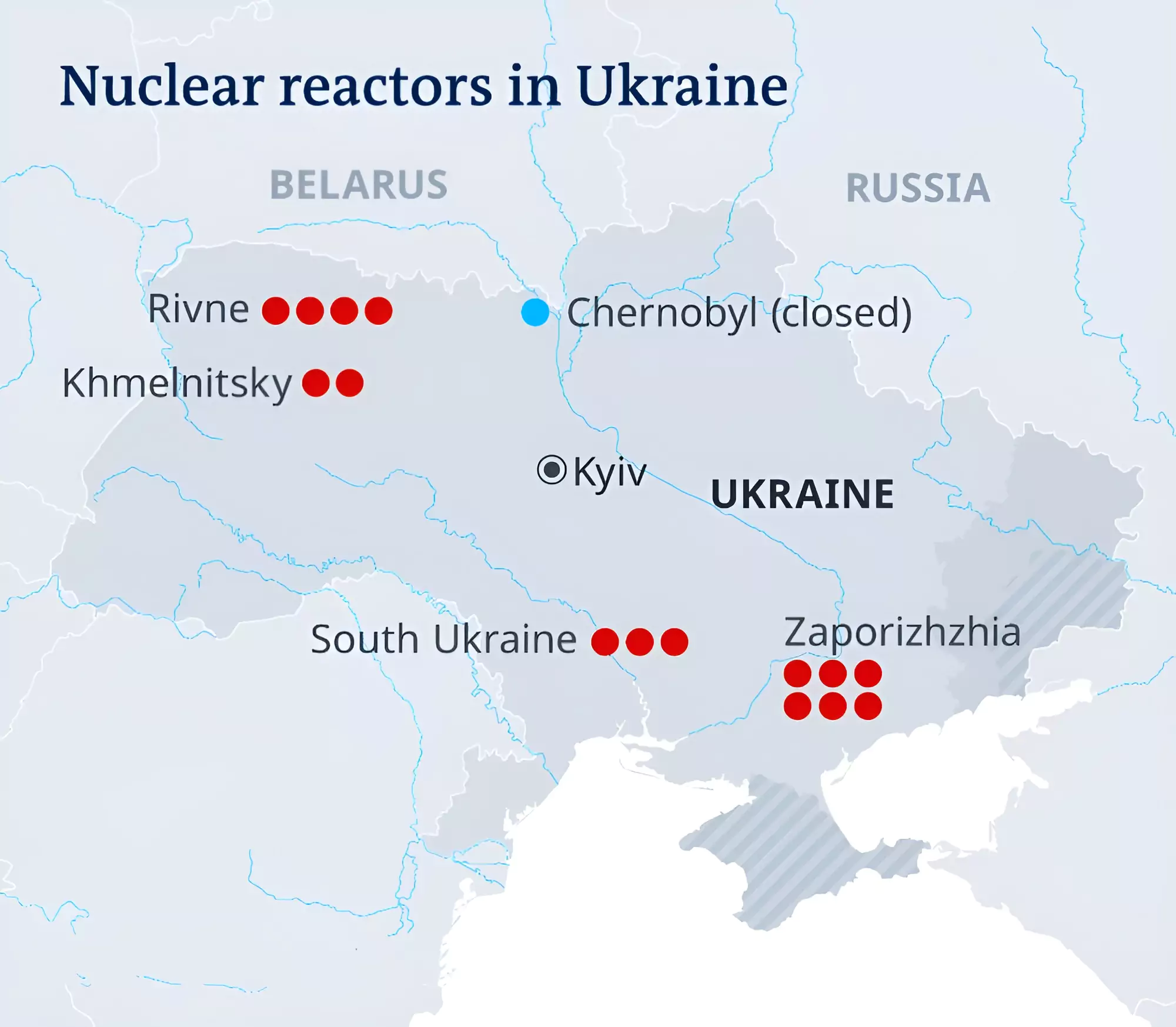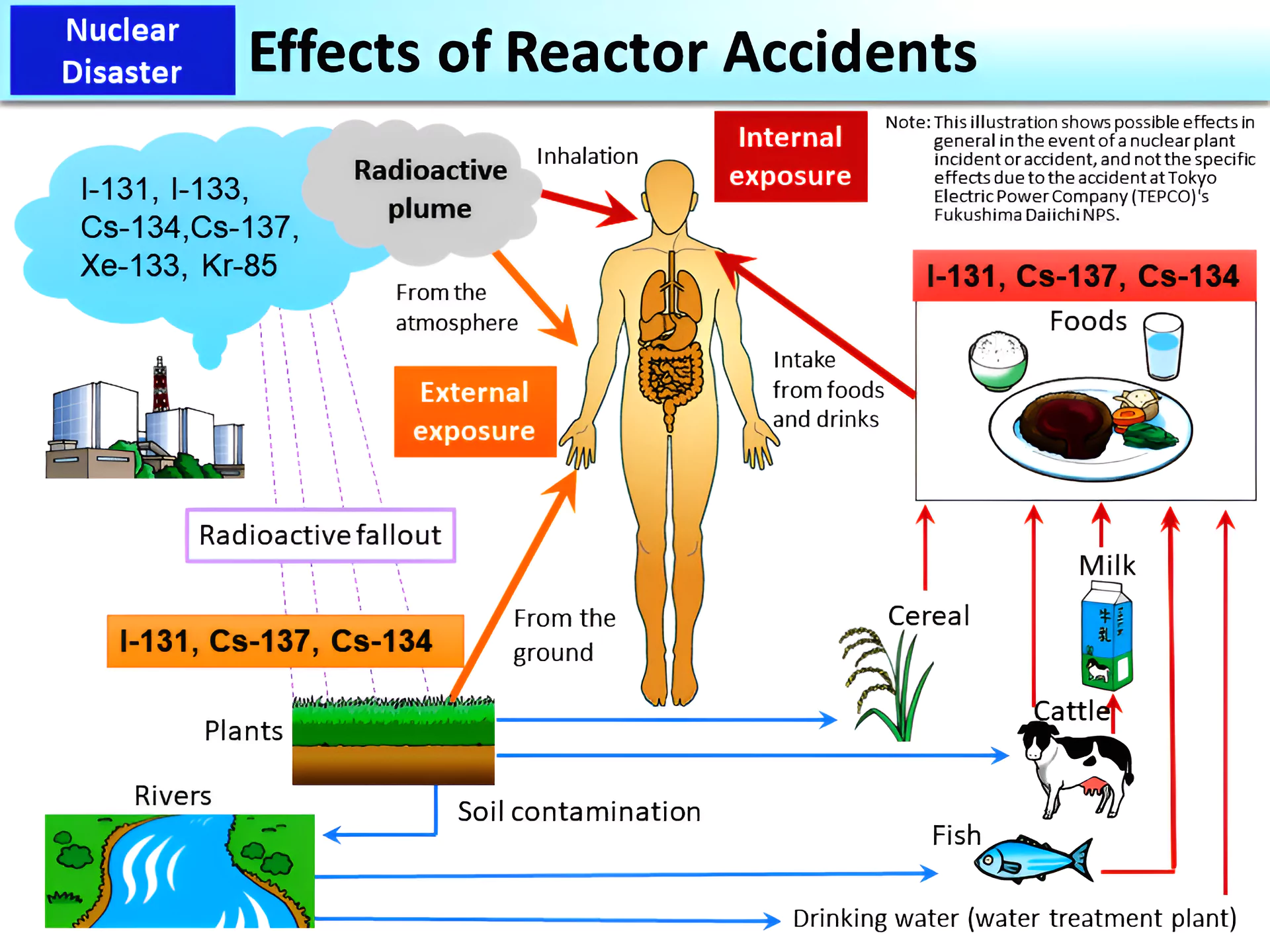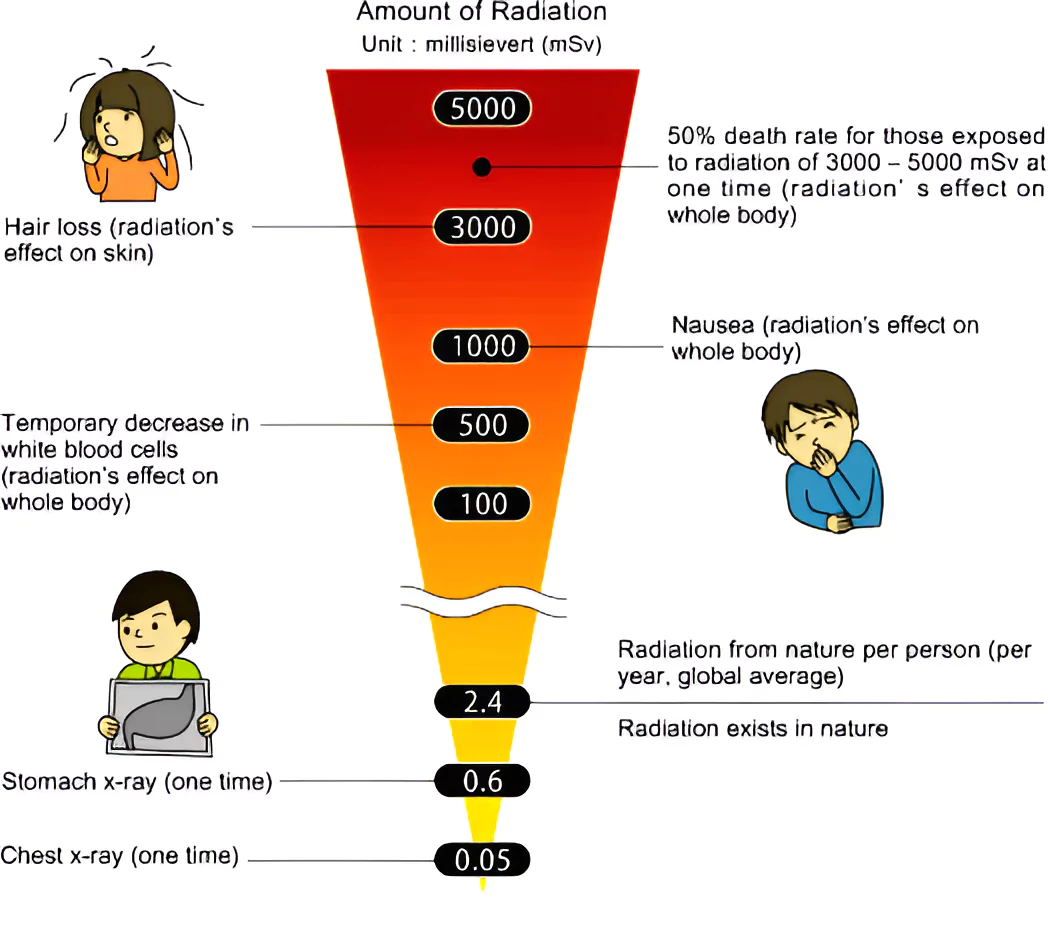Context

The Chernobyl disaster, which occurred on April 26, 1986, is still a matter of debate and disagreement about who or what was to blame for the Chernobyl disaster.
Background of Chernobyl Disaster
- Soviet authorities pointed to human error as the main cause of the disaster.
- They emphasized shortcomings in operational procedures and the lack of “production discipline.”
- Reactor operators disagreed with this point
- They argued that their actions were in accordance with the regulations of the time.
- Operators also highlighted flaws in the reactor’s design as contributing factors to the catastrophe.

The Chernobyl Disaster 1986
- This disaster started on April 26, 1986.
- Explosion of No. 4 reactor: It occurred due to the explosion of the No. 4 reactor of the Chernobyl Nuclear Power Plant, close to the city of Pripyat in Ukraine.
- April 26 is celebrated as International Chernobyl Disaster Remembrance Day
- It was initiated by the United Nations to commemorate the events of the Chernobyl disaster in April 1986.
Enroll now for UPSC Online Course
Factors Causing Chernobyl Disaster
The Chernobyl disaster is blamed on a combination of factors including:
- Reckless decisions and improper operation by the reactor staff: The operators did not follow proper safety guidelines and made some critical mistakes during a safety test.
- It led to additional explosions and a partial meltdown of the reactor core.
- A significant amount of radioactive material was released into the atmosphere.
- The contamination affected nearby regions such as Belarus and Russia, as well as parts of northern and eastern Europe.
 Flawed reactor design: The design of the RBMK reactor used at Chernobyl had inherent safety issues that contributed to the severity of the accident.
Flawed reactor design: The design of the RBMK reactor used at Chernobyl had inherent safety issues that contributed to the severity of the accident.- Inadequate human-machine interaction: The control systems and design of the reactor made it difficult for the operators to respond safely to the situation.
Consequences of the Chernobyl Disaster
-
Environmental and Social Disruption:
- Radioactive material: The Chernobyl disaster resulted in the largest uncontrolled release of radioactive material into the environment during a civilian operation.
- This caused widespread social and economic disruption, particularly affecting large populations in Belarus, Russia, and Ukraine.
-
Radioactive Release and Distribution:
- xenon gas: The accident released all of the xenon gas, about half of the iodine and cesium, and at least 5% of the remaining radioactive material in the Chernobyl 4 reactor core.
- Radioactive material was deposited as dust and debris locally, while lighter particles were carried by wind over Ukraine, Belarus, Russia, Scandinavia, and Europe.
-
Human Toll:
- Number of death: The Chernobyl disaster caused the death of many employees due to radio -exposure.
- Acute radiation syndrome (ARS): This syndrome affected individuals exposed to doses exceeding 700 milligrays (mGy), causing symptoms such as nausea, burns, and fever.
-
Population Exposure and Resettlement:
- Radiation in contaminated areas: Residents of contaminated areas received radiation doses, with an average of 31 mSv in strict radiation control areas and 9 mSv in contaminated areas from 1986 to 2005.
- Resettlement: Over time, an additional 220,000 people were resettled into less contaminated areas, and exclusion zones were modified and extended to cover 4,300 square kilometers.
Initiatives Related to Nuclear Safety and Safe Radioactive Discharge
Here are several international conventions and agreements, along with international and regional initiatives, that work to ensure nuclear safety and manage safe radioactive discharge.
-
Convention on Early Notification of a Nuclear Accident:
-
Convention on Nuclear Safety (CNS):
- It is a legal treaty made in 1994.
- Objective: Its aim is to keep nuclear power plants safe.
India’s Initiatives:
- Atomic Energy Regulatory Board (AERB):
- It is an Indian agency responsible for making sure nuclear activities are safe.
- This body Sets rules and checks that nuclear facilities follow them.
|
-
-
- It is an incentive-based treaty that requires countries to make rules to ensure nuclear safety and protect people and the environment from radiation.
-
European Union (EU) Directives on Radioactive Waste and Spent Fuel Management:
- This body frame Rules for managing radioactive waste and spent fuel.
- Member countries have to create plans for dealing with these materials.
Enroll now for UPSC Online Classes
Also Read: Nuclear Power Is Key To Development
![]() 27 Apr 2024
27 Apr 2024


 Flawed reactor design: The design of the RBMK reactor used at Chernobyl had inherent safety issues that contributed to the severity of the accident.
Flawed reactor design: The design of the RBMK reactor used at Chernobyl had inherent safety issues that contributed to the severity of the accident.